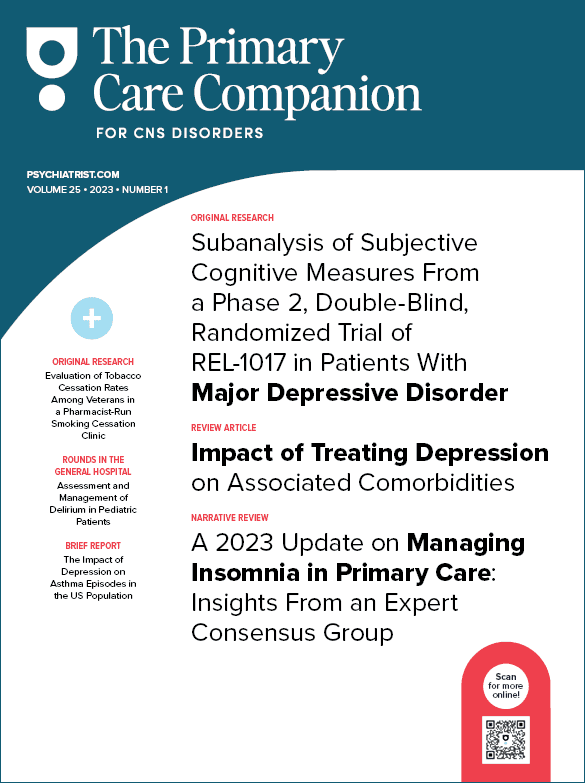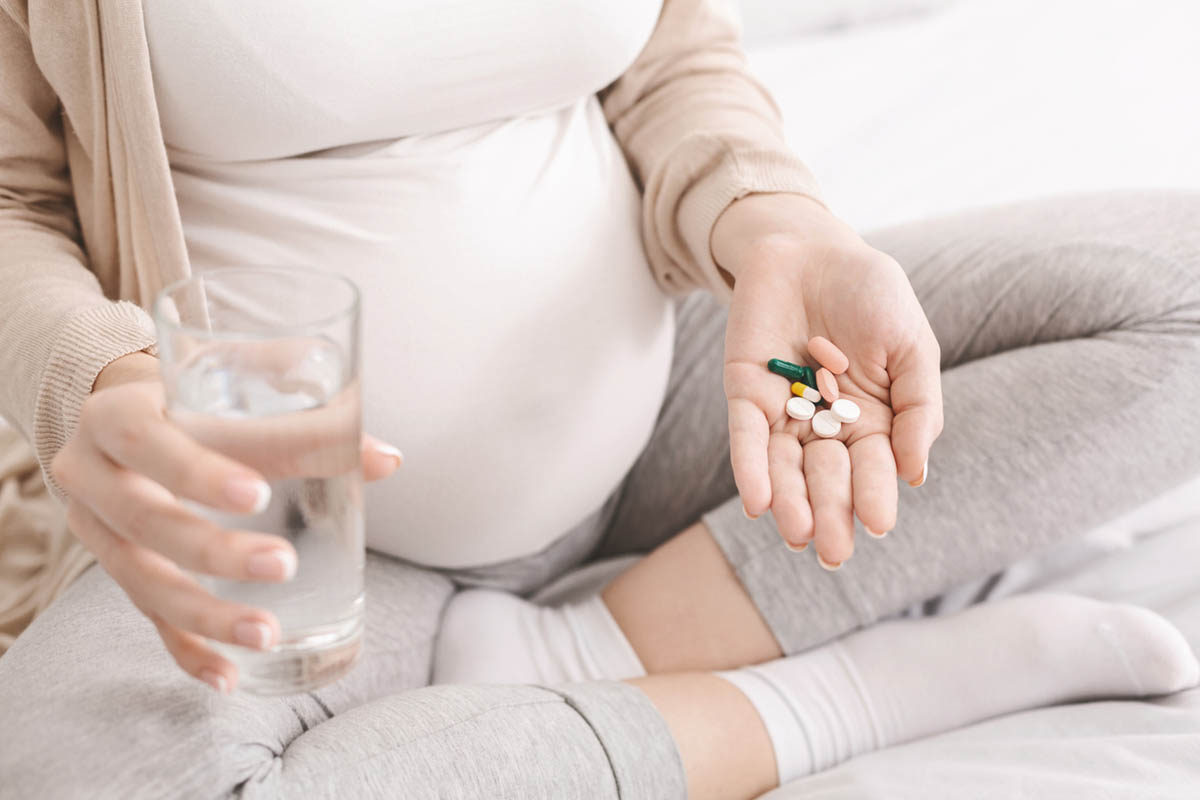
Prim Care Companion CNS Disord 2021;23(5):21com03035
To cite: Naguy A, Pridmore S, Alamiri B. Autism and COVID-19: clinical considerations. Prim Care Companion CNS Disord. 2021;23(5):21com03035.
To share: https://doi.org/10.4088/PCC.21com03035
© Copyright 2021 Physicians Postgraduate Press, Inc.
aDepartment of Child/Adolescent Psychiatry, Al-Manara CAP Centre, Kuwait Centre for Mental Health, Shuwaikh, State of Kuwait
bDepartment of Psychiatry, University of Tasmania, Hobart, Australia
cTufts University, Medford, Massachusetts
*Corresponding author: Ahmed Naguy, MBBCh, MSc, Department of Child/Adolescent Psychiatry, Al-Manara CAP Centre, Kuwait Centre for Mental Health, Jamal Abdul-Nassir St, Shuwaikh, State of Kuwait ([email protected]).
The terrifying experience of the coronavirus disease 2019 (COVID-19) pandemic, along with the sense of uncertainty and infodemics, has taken a tremendous toll on the mental health of those who contract this viral illness, their household contacts, and those who have witnessed this exceptional time of hardship.1 The issues related to the COVID-19 pandemic pose a unique challenge for those with autism spectrum disorder (ASD) and their caregivers as well.
People with low-grade chronic inflammatory conditions (eg, obesity, diabetes) have been shown to be at a high risk of developing acute respiratory distress syndrome due to COVID-19, which can be attributed to the “cytokine storm.” This supposition raises the question of whether patients with ASD, a chronic neuro-immuno-inflammatory disorder (with increased inflammatory cytokines [eg, increased IL-6 and IL-β and abnormal immune response]) are likewise at a heightened risk of poor outcome with COVID-19 infection. Moreover, melatonin (with putative immunomodulatory and antioxidant actions) deficiency, commonly found in ASD, might render these patients more vulnerable to COVID-19.2
The gold standard diagnostic instrument, the Autism Diagnostic Observation Schedule, Second Edition (ADOS-2),3 is not appropriate to administer via telepsychiatry or when the parties involved are wearing face masks. Thus, the Brief Observation of Symptoms of Autism4 was devised as an alternative when clinicians are unable to obtain a valid ADOS-2 assessment.
The autistic population has a fundamental difficulty navigating transitions and environmental changes. Curfews, lockdowns, and home confinement with resultant lack of structure and disruption of routines can trigger behavioral decompensation and regressions (eg, increased stereotypies, self-injurious behavior, aggressivity). A meltdown, thanatophobia, and even catatonia may ensue. Psychotropic medications (low-dose atypical antipsychotics or selective serotonin reuptake inhibitors) are typically indicated to ease out this behavioral decompensation (A. Naguy, personal communication, 2021). Caregiver distress and high levels of anxiety have been consistently reported.5
Of related interest, special adaptations are required for children with ASD undergoing RT-PCR (real-time reverse transcription polymerase chain reaction) and vaccination, as well as when teaching them health precautions (eg, social distancing). Visual supports, social stories, and “to-do” lists are all ancillary tools that may be used. Clinicians should be cognizant of the mental health needs of the vulnerable population of patients with ASD during this unprecedented time.6
Received: June 3, 2021.
Published online: October 7, 2021.
Potential conflicts of interest: None.
Funding/support: None.
References (6)

- Naguy A, Moodliar-Rensburg S, Alamiri B. Coronaphobia and chronophobia—a psychiatric perspective. Asian J Psychiatr. 2020;51:102050. PubMed CrossRef
- Brown GM, Karthikeyan R, Pandi-Perumal SR, et al. Autism spectrum disorder patients may be susceptible to COVID-19 disease due to deficiency in melatonin. Med Hypotheses. 2021;149:110544. PubMed CrossRef
- Lord C, Rutter, DiLavore PC, et al. Autism Diagnostic Observation Schedule. 2nd ed. Torrence, CA: Western Psychological Services; 2012.
- Rynkiewicz A, Vasa R, Lucka I, et al. Use of the Brief Observation of Symptoms of Autism (BOSA) as a new clinical approach to assessing patients with suspected spectrum disorder during the COVID-19 pandemic. Pediatr Pol. 2021;95(4):241–243. CrossRef
- Mutluer T, Doenyas C, Aslan Genc H. Behavioral implications of the COVID-19 process for autism spectrum disorder, and individuals’ comprehension of and reactions to the pandemic conditions. Front Psychiatry. 2020;11:561882. PubMed CrossRef
- Mathialagan K, Patel HB, Mekala HM, et al. Mental health impact of COVID-19. Prim Care Companion CNS Disord. 2020;22(6):20com02776. PubMed CrossRef
Enjoy free PDF downloads as part of your membership!
Save
Cite
Advertisement
GAM ID: sidebar-top




